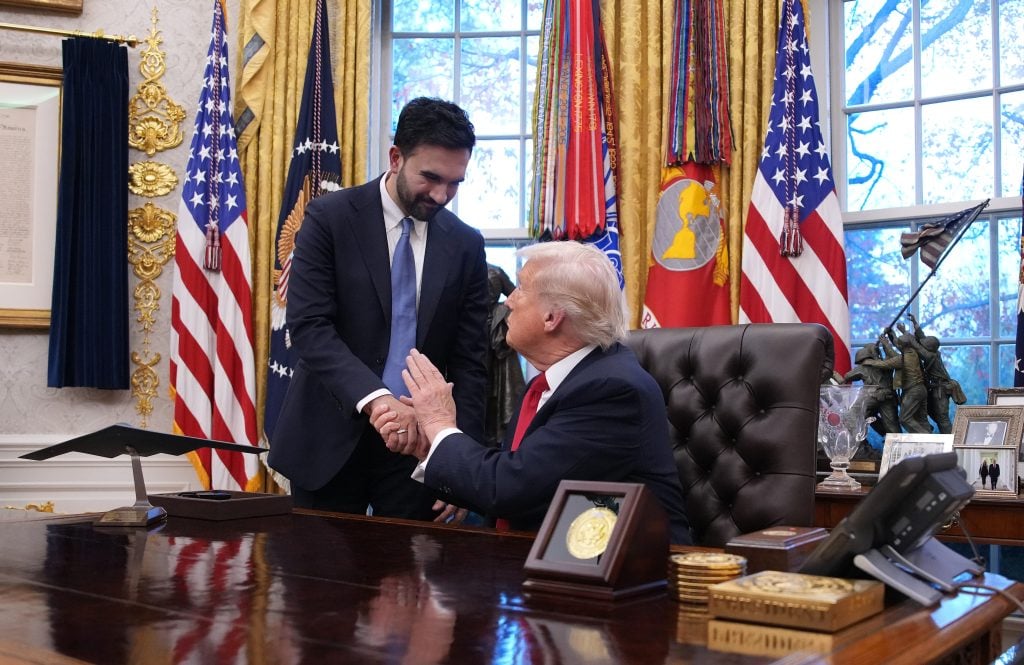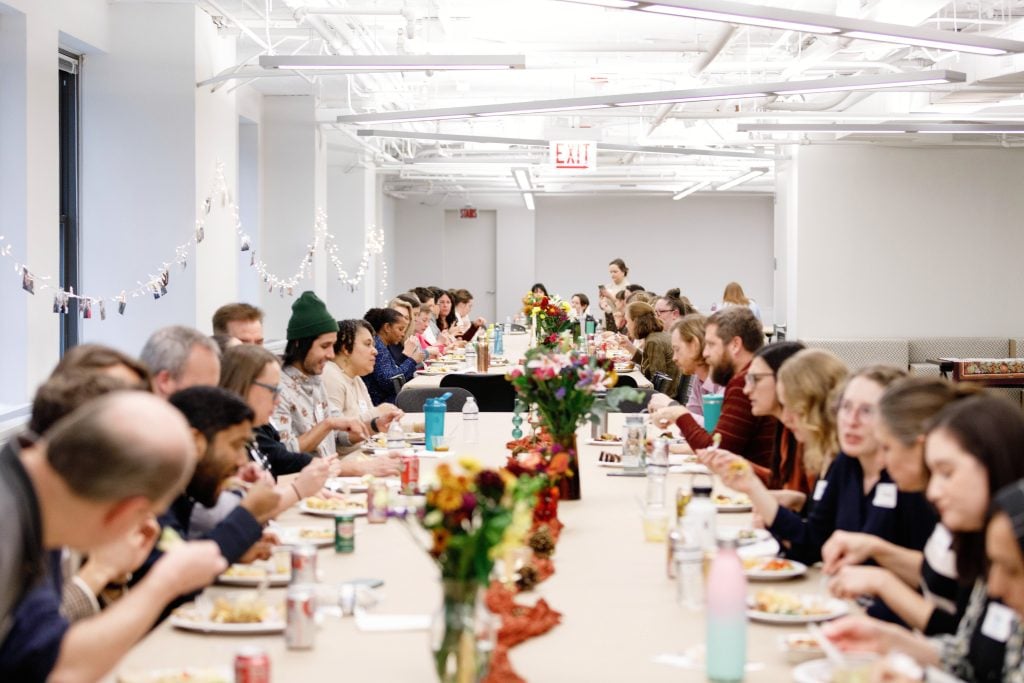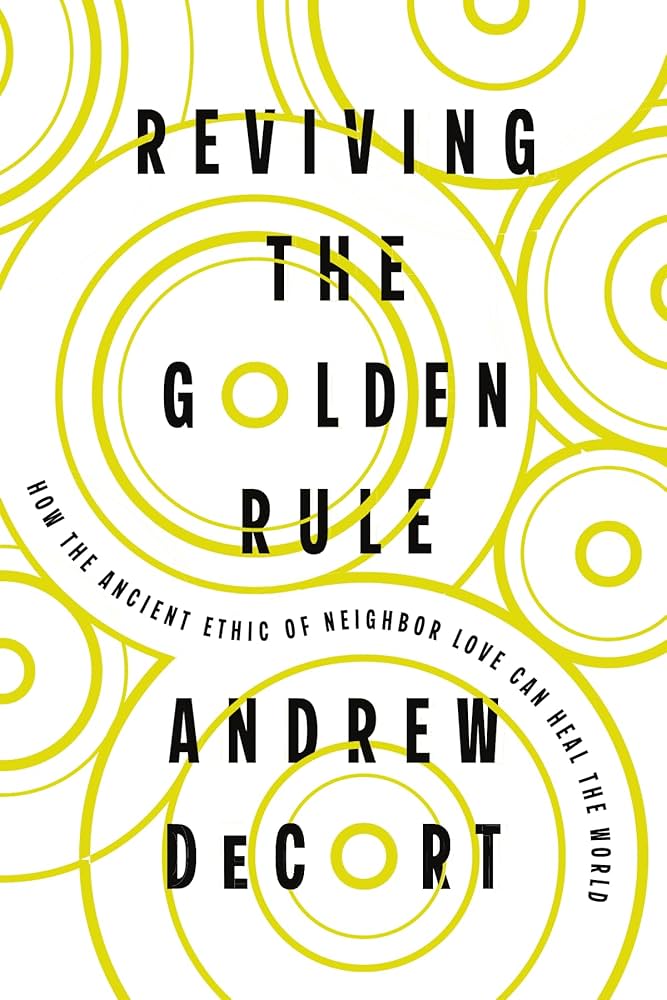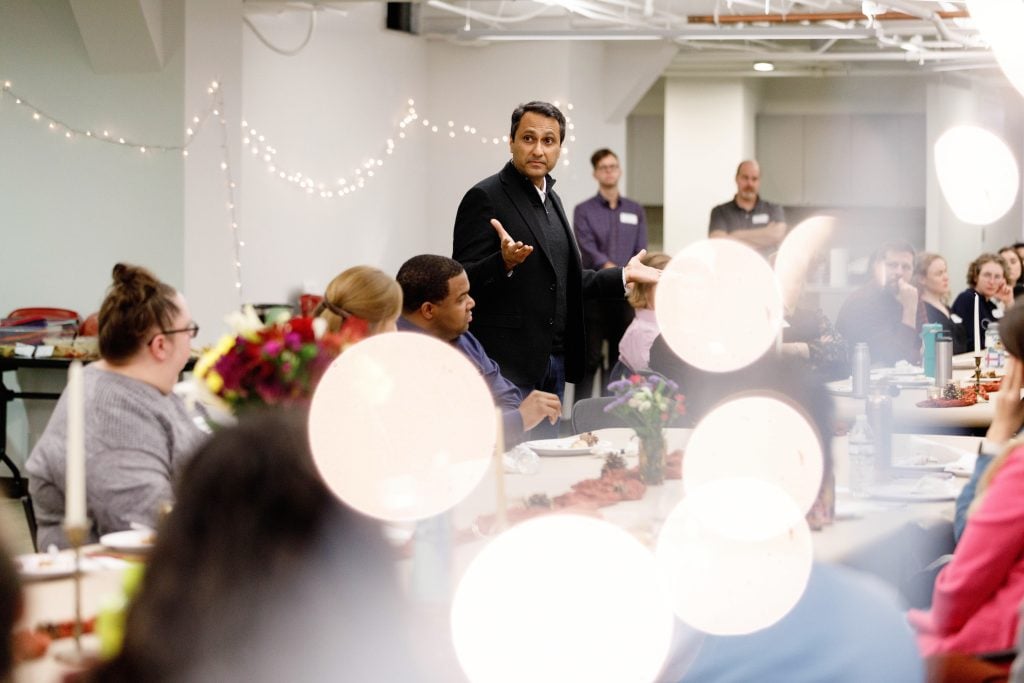Over the past decade America has experienced rapid political polarization, the likes of which has not been seen in generations. According to a 2024 Gallup Poll, 80% of American adults across gender, age, race, political, and educational subgroups believe the nation is greatly divided. Additionally, the assassination attempts on President Donald Trump in 2024 and the assassination of Minnesota State Representative Melissa Hortman and her husband in 2025 have highlighted the danger of social and political divisions.
It is therefore more important than ever that Americans can openly and honestly discuss their opinions with one another, and research shows that they want to do so. As per More in Common, 66% of Americans believe they can learn a lot from interacting with people with differing viewpoints and 70% believe they have the responsibility to do so. What people are missing is the opportunity.
The cross-partisan Building Civic Bridges Act (BCBA) seeks to create those opportunities across the entire country. By establishing a new, privately funded, non-partisan Office of Civic Bridgebuilding within AmeriCorps, the BCBA intends to tackle sources of division and inspire greater dialogue amongst Americans in their local communities. The grant program created by the bill would support the work of nonprofits, public institutions, schools, religious groups, and other local organizations in civic bridgebuilding. These local organizations are best suited to identifying the needs and solutions of their communities, but what they often lack is the means to implement those solutions. The privately funded grants created by this program will help foster respect between diverse communities, strengthen relationships across lines of difference, and forge a sense of common civic purpose, in order to solve community problems and diminish polarization at the grassroots level.
At Interfaith America, we believe that religious diversity is a foundational American strength. As we approach our nation’s 250th anniversary, it’s important to remember America’s founding as a pluralistic country, one where everyone has the freedom to practice religion, free from bigotry and free from hate. This is why we support the Building Civic Bridges Act. If passed, the local programs supported by the BCBA’s grants would foster meaningful connections across lines of difference, including religious and political difference.
We have already seen this work in action. For two years, Interfaith America has partnered with Habitat for Humanity, Catholic Charities, and the YMCA to empower people to build connections and work together across differences with others in their communities for the common good. This partnership, The Team Up Project, was created to bring people from diverse backgrounds together and create avenues for bridgebuilding that address local problems and concerns. For example:
- Habitat for Humanity of Greater Nashville brought together 15 interfaith clergy for a nine-month fellowship to learn and dialogue together about how they could lead their respective congregations in bridgebuilding efforts to address problems in their community. The group bonded through dialogue and service as they participated in a Habitat build.
- Catholic Charities of Baltimore recruited a cohort of young men at high risk to commit or be victims of gun violence in Baltimore’s Penn North neighborhood and organized a monthly meeting with a violence prevention coordinator. These meetings changed how these young men sorted out their problems and prevented gun violence in the community.
- The YMCA of Greater Birmingham (AL) hosted 117 students from 17 high schools for a one-day summit to learn skills about building bridges across racial and economic divides. The students identified gaps in the community the YMCA could help to bridge and several joined the youth advisory council to help implement some of the ideas.
While the Team Up Project has found enormous success, the demand is too high for it to address alone. The BCBA can move the national conversation on bridgebuilding forward, a conversation that celebrates America’s past and builds a more inclusive future.
The political polarization and violence over the past year underscore the importance of bridgebuilding and dialogue. Speaking on the eve of the Civil War in the face of increased political division, Abraham Lincoln quoted scripture in saying, “A house divided against itself cannot stand.” It is incumbent on every American, to work together across political and religious divides, to create opportunities to find common ground, and to build a stronger, more unified country, free of hate, bigotry, and intolerance. The Building Civic Bridges Act is a tool that can help us get there.
Michael R. D. Connolly is an intern with Interfaith America’s Civic Initiatives. He is also a PhD student at Loyola University Chicago in American history and public history.




